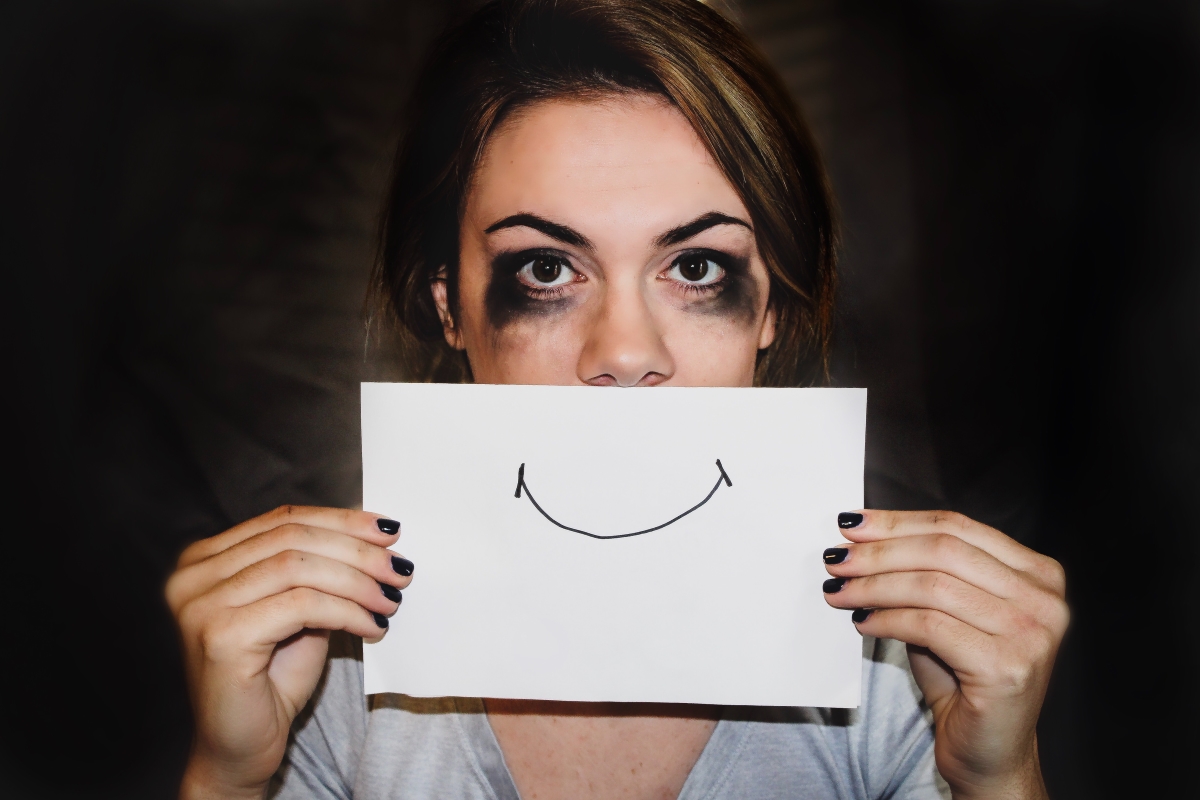Depression
An estimated 5% of the world’s population suffers from depression, making it one of the most prevalent mental disorders. Additionally, it is one of the main causes of disability worldwide. Therapy, medicine, and maybe electroconvulsive therapy or transcranial magnetic stimulation are all forms of treatment for depression.
However, for some people, these remedies are insufficient to reduce depression symptoms. Depression that is resistant to treatment is what happens in this situation. Treatment-resistant depression is defined differently by different sources, however it often manifests itself when at least two treatments fail to significantly reduce symptoms.
Treatment-resistant depression has many underlying reasons, but recent research has identified some risk factors. These include genetics, family history, and lifestyle variables as well as risk factors for the body and the brain.
Other Related Health Problems
Certain medical problems and depression can coexist. These include hypertension, digestive issues, and heart disease. Chronic non-cancer pain disorders have also been closely linked to treatment-resistant depression.
It can be difficult to determine how much one aspect of chronic illness and treatment-resistant depression influences the other, which can create a chicken-and-egg situation.
Depression can coexist with other mental health issues such eating disorders, substance abuse, post-traumatic stress disorder, and personality disorders.
Metabolic Disorders
Clinical studies have also revealed that nutritional deficits and metabolic issues might contribute to depression that is resistant to treatment. One study looked at 33 people with treatment-resistant depression’s blood, urine, and cerebrospinal fluid. It was discovered that 21 of the subjects had metabolic anomalies, the most typical of which was a folate (vitamin B9) deficiency.
Studies have also shown a connection between a vitamin D deficit and serious depressive disorder. Vitamin D insufficiency and treatment-resistant depression have not been directly linked, though.

